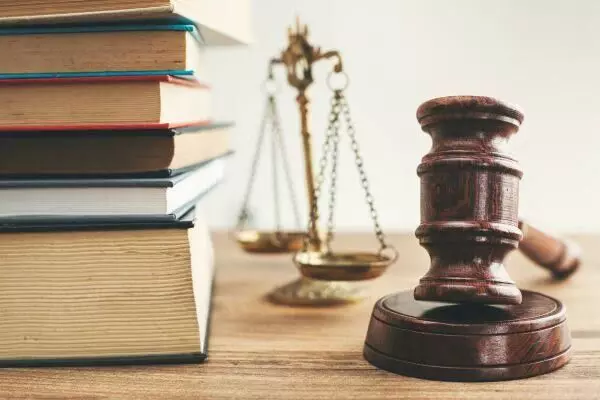Opinion: Disqualification laws must apply to all political stakeholders, not just PMs and CMs
Globally, disqualification laws have produced varied outcomes
By Newsmeter Network
Opinion: Disqualification laws must apply to all political stakeholders, not just PMs and CMs
Hyderabad: In light of the evolving debate around disqualification laws for political leaders, it is essential to assess the broader implications from a neutral, analytical perspective.
While such laws intend to uphold integrity in governance, their potential unintended consequences cannot be overlooked. This analysis explores the lessons from both India and global democracies, reflecting on how disqualification laws can impact democratic processes, both positively and negatively.
The question of scope and accountability
While the proposed law focuses on disqualifying top leadership positions such as prime ministers and chief ministers, it is crucial to question why other elected representatives are not included.
Accountability in governance should cover all levels of leadership.
By focusing solely on top positions, we risk overlooking the collective responsibility that extends to parliamentarians and local representatives.
Accountability of the network that maintains governance
Furthermore, governance decisions are shaped by a broader framework that includes bureaucrats and administrative services.
Without a holistic approach that holds all contributors accountable, the law risks narrowing responsibility to a select few, thereby missing the larger picture of collective governance.
However, this law could serve as an important first step. Future amendments could promote equality, transparency and justice across all roles in governance, making the entire system more robust and fair.
Global precedents and the risk of misuse
Globally, disqualification laws have produced varied outcomes.
In Brazil, for example, a former president’s disqualification significantly impacted political stability, demonstrating both the benefits and the risks of such legislation. Similarly, historical instances in India have shown that the intent to uphold democratic integrity can sometimes lead to unintended political conflict.
This comparison highlights that while disqualification can be a tool for accountability, it is crucial to establish safeguards to prevent it from becoming a political weapon. This is especially relevant in the current discussion, where the focus on top leaders—but not other elected officials—could create a system where only certain positions face scrutiny.
Here are some of the key aspects that should be considered:
Aiming for a balanced democracy: Several critical concerns must be addressed to ensure the law is effective and fair:
Political neutrality: A primary concern among opposition leaders is that the law could be applied selectively, undermining its neutrality. Any disqualification law must be implemented impartially, regardless of an individual’s political affiliation.
Federal balance: The law’s impact on the balance of power between the Central and State governments is another critical aspect. As each State has unique priorities, a one-size-fits-all law could unintentionally erode State autonomy if not implemented with care.
Logistical and financial burden: Finally, the practical consequences of frequent elections cannot be overlooked. Disqualifications could lead to repeated electoral cycles, placing a significant financial and logistical burden on public resources. A sustainable plan to manage these implications is necessary.
By focusing on fairness, State autonomy, and the practical challenges of frequent elections, we can advocate for a law that serves its purpose without causing unintended harm.
Path filled with complexities
The debate over this disqualification law brings us to a critical crossroads.
The goal of holding our leaders accountable is undeniably important for a healthy democracy. However, as evidenced by global examples and potential domestic challenges, the path is filled with complexities.
A law that is narrow in scope, potentially open to political misuse, and capable of straining federal dynamics and public resources requires deep reflection.
This leaves us with a vital question: as we move forward, how do we build a robust safeguard for our democracy without creating a tool that could inadvertently weaken it?
Shashidhar Vuppala is a Hyderabad-based IT professional, socio-political activist and public policy analyst
Disclaimer: The views and opinions expressed in the article are those of the author and do not reflect the official policy or position of NewsMeter.